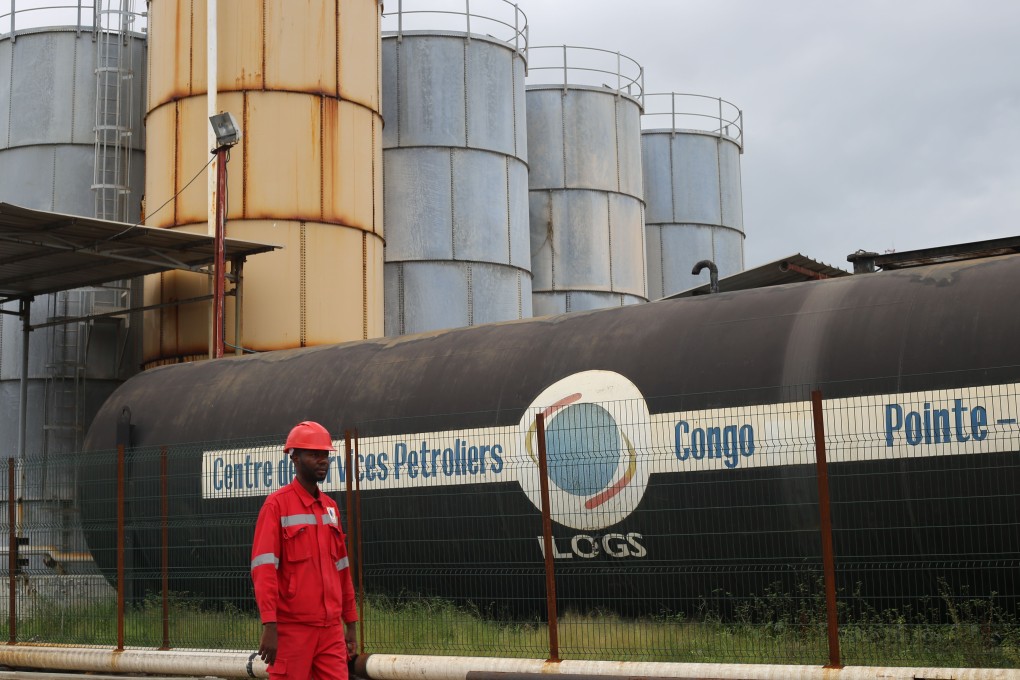How Chinese loans can become ‘perilous pitfalls’ for Africa
- When crude oil prices fell sharply in 2014, the Republic of the Congo ended up paying more for its oil-for-funds loan with Chinese and other lenders than the deal was worth
- Report by US-based NGO says African states that cannot go to money markets face big risks with the alternatives

In the Republic of the Congo (Congo-Brazzaville), oil is the nation’s lifeblood and accounts for up to three-quarters of government revenue.
But oil became a problem for the country instead of a help in improving its economy and the livelihoods of its citizens. Congo-Brazzaville’s heavy borrowing from China and private companies against its oil resources pushed the central African nation into a crisis when crude prices feel sharply in 2014 and it ended up having to pay out nearly double what it borrowed.
The loans are usually collateralised by income from natural resources such as oil or minerals, and their workings are mostly secret, according to a report – “Resource-Backed Loans: Pitfalls and Potential” – published last month by the New York-based Natural Resource Governance Institute (NRGI).
The researchers looked at loans involving 11 African countries: Angola, Chad, the Democratic Republic of Congo (DRC), Ghana, Guinea, Niger, Congo-Brazzaville, Sao Tome and Principe, South Sudan, Sudan and Zimbabwe. In Latin America, the report found evidence of resource-backed loans in Brazil, Ecuador and Venezuela.